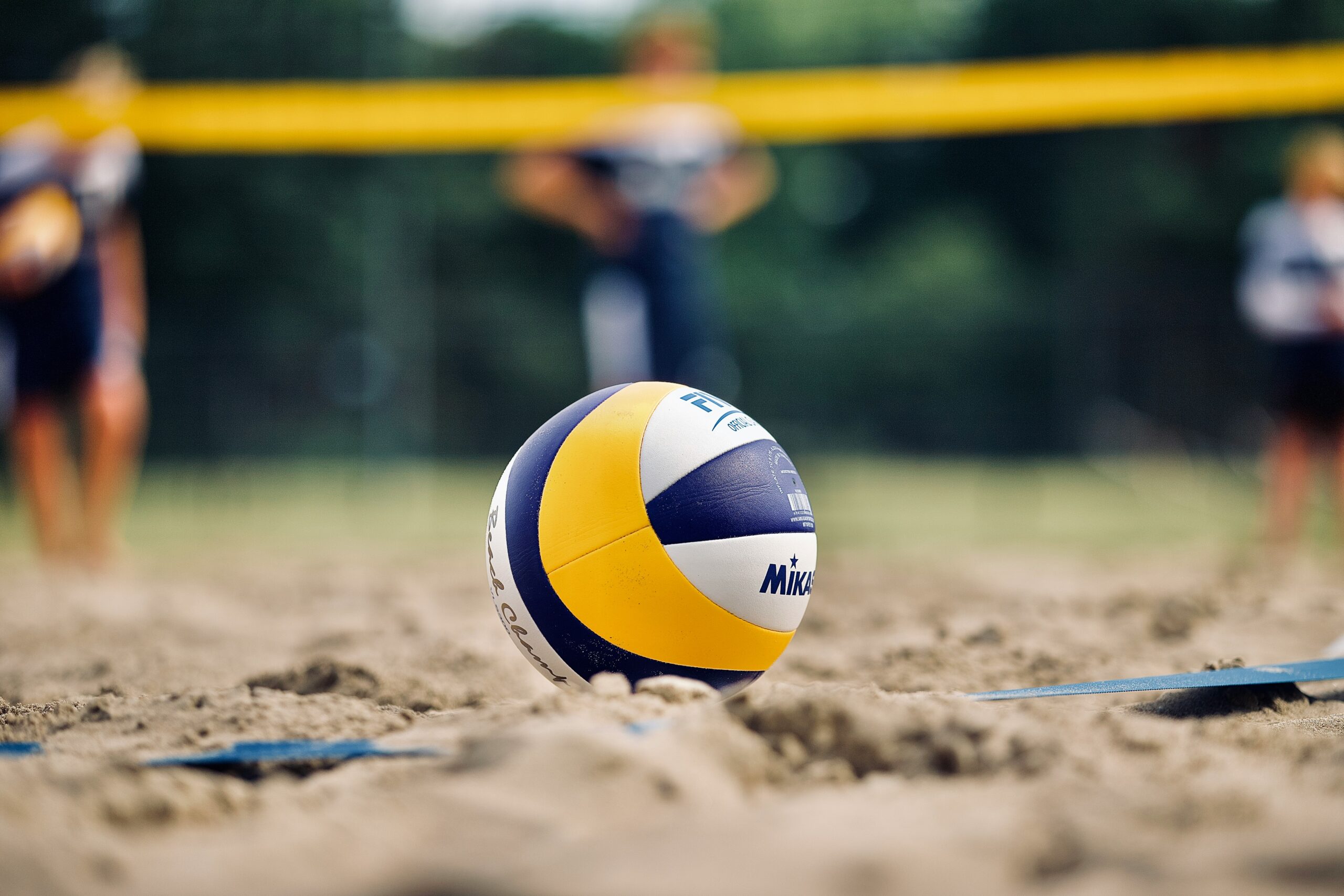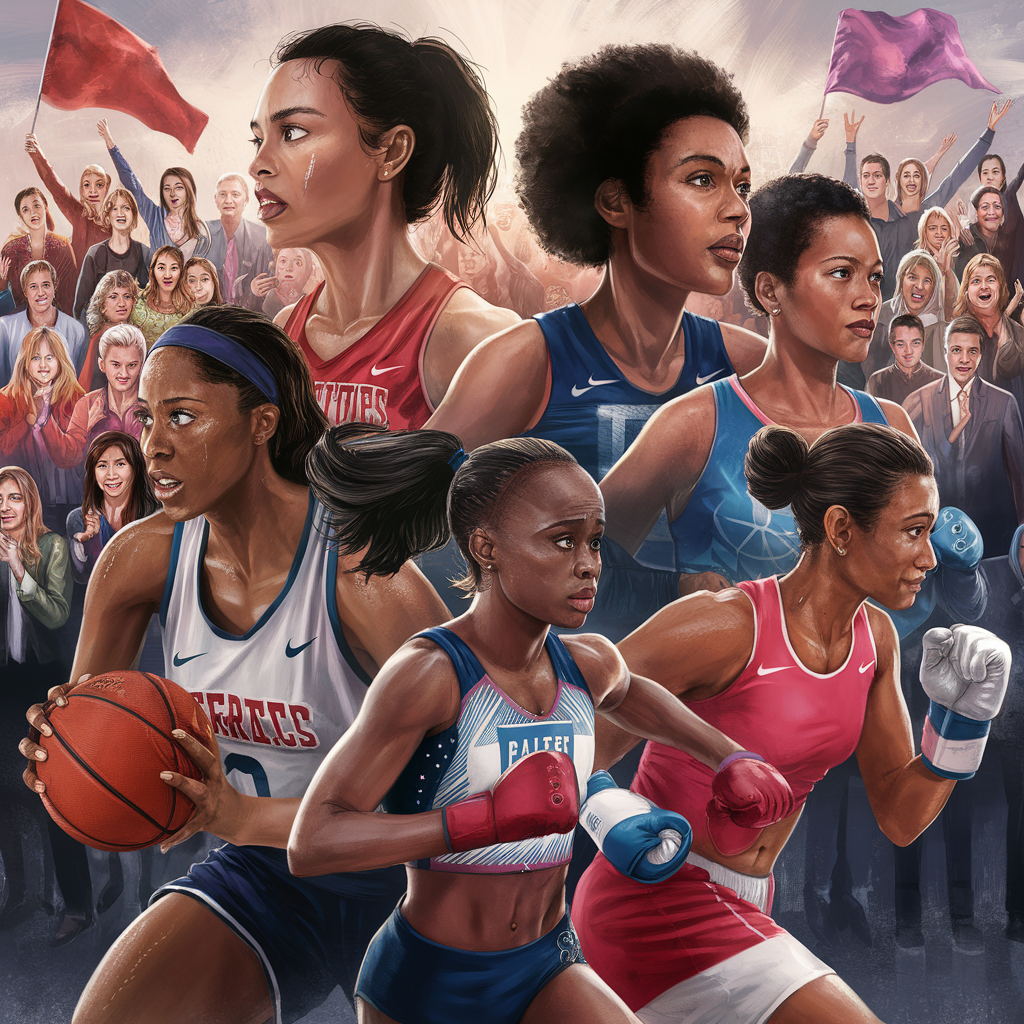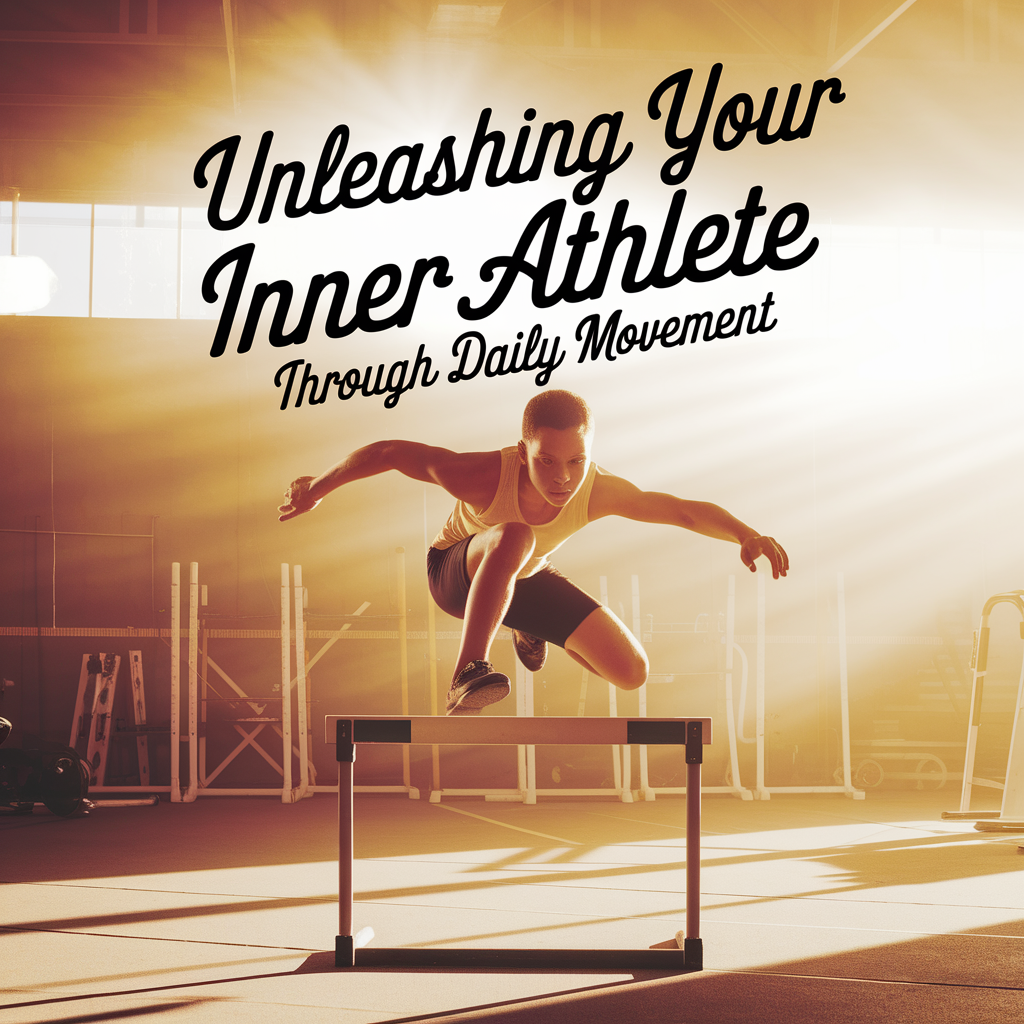The Role of Nutrition in Athletic Performance: Fueling the Body for Success
So, picture this: it’s a Saturday morning, the sun is just starting to peek through the clouds, and I’m standing in front of my fridge, peering at its contents like it’s some kind of treasure chest. I’m not looking for gold, though; I’m hoping to find something that’ll transform me into a super athlete for my weekend soccer game (spoiler alert: I’m no Messi). But in that moment, I realize that what I eat might just be the difference between a glorious goal and a faceplant into the grass. It got me thinking about how crucial nutrition really is for anyone from weekend warriors to elite athletes. Let’s dive into this delicious topic, shall we?
The Basics of Nutrition for Athletes
First off, let’s break down what nutrition even means in this context. Nutrition is not just about what you eat, but how it affects your performance, recovery, and overall well-being. Athletes have unique needs that can vary greatly depending on the intensity and type of their sport. We’re talking carbs, proteins, fats, vitamins, and minerals. Each plays a role like a well-rehearsed team, ready to score big.
Carbohydrates are often the star players in the diet of an athlete. They’re like the fuel in the gas tank—without them, you’re putting along at a snail’s pace. I remember when I trained for a half-marathon; my friend insisted I load up on pasta the night before. I thought, “Really? That’s just for Italian food lovers!” But lo and behold, it worked! Carbs are essential for endurance athletes, providing them with the energy needed for long periods of exertion.
Next up, we have proteins. Think of proteins as the building blocks of your muscles. After a good workout (or a not-so-good one, let’s be honest), your muscles need some TLC, and proteins offer just that. Integrating quality protein sources—like chicken, tofu, or even that sneaky protein shake—can help repair and rebuild those precious muscle fibers. I’ve learned the hard way that skipping this step leads to delayed muscle soreness and, well, the inability to walk like a normal human for a week.
And let’s not forget about fats… I know, I know. Fats get a bad rap sometimes. But healthy fats, like those found in avocados and nuts, are actually crucial for hormone production and overall energy. They’re the unsung heroes of your diet. I mean, who doesn’t love a good guacamole dip while watching the game?
The Timing of Nutrition
Now that we’ve covered the what, let’s talk about the when. Timing can be just as important as what’s on your plate. It’s like knowing when to make that crucial pass in a game. Eating before and after workouts can significantly impact performance and recovery. A pre-workout snack should be rich in carbs and moderate in protein. Think banana or a slice of whole-grain bread with peanut butter. It’s like giving your body a gentle nudge, saying, “Hey, we’re about to do something awesome!”
After a workout, your body is begging for nutrients. This is the golden hour; you’ve got a window of about 30 minutes to an hour to replenish. A combination of carbs and protein is key here (I’ve been known to down a smoothie or a yogurt parfait like it’s a sacred ritual). This post-workout meal helps to kickstart recovery, refuel glycogen stores, and even stave off that dreaded soreness.
Now here’s where things get a bit slippery—hydration! Did you know that even slight dehydration can impact your performance? It’s true! I remember one particularly hot summer day during basketball practice. I thought I could power through without water (what was I thinking?), and I ended up feeling like a wilted flower. Staying hydrated helps regulate body temperature and keeps your muscles functioning properly. Water should be your best friend, but sports drinks can also come into play during intense or prolonged activities. Just remember, moderation is key… no one wants to be the person who drinks too much and ends up feeling, well, sloshy.
Let’s shine a spotlight on micronutrients, shall we? These little guys—vitamins and minerals—are often overlooked, but they play a massive role in an athlete’s health and performance. An iron deficiency can lead to fatigue, while a lack of calcium can affect bone health. I’ve found that incorporating a variety of colorful fruits and veggies into my meals not only keeps things visually appealing but also ensures I’m getting a broad spectrum of nutrients. Plus, who doesn’t love a rainbow on their plate? (It’s like eating a piece of art!)
For example, vitamin D is essential for bone health and can be found in fatty fish, fortified dairy products, and, of course, sunlight (yes, you have to step outside sometimes!). Magnesium is another powerhouse mineral that helps with muscle function and energy production. It can be found in seeds, nuts, and leafy greens. So, next time you’re at the grocery store, think about your micronutrient game plan.
Another fascinating aspect of nutrition is that it’s not one-size-fits-all. What works for a marathon runner might not suit a weightlifter or a sprinter. Analyzing your individual needs, preferences, and goals is crucial. When I was attempting to bulk up for some strength training, I consulted a nutritionist who helped me tailor my meals. It was eye-opening! I realized I needed more protein and calories than I’d previously thought—who knew you could eat so much chicken? (I felt like I was auditioning for a poultry commercial.)
Incorporating different dietary philosophies can also be beneficial. Some athletes thrive on a ketogenic diet, while others swear by a plant-based approach. It’s all about finding what fuels your body best. And hey, even if you’re not an athlete, wouldn’t it be great to learn something new about what makes you feel your best? (I’m still figuring this out myself… it’s a journey!)
Did you know that what you eat can also impact your mental game? Yup! Nutrition plays a role in your mood, focus, and overall mental clarity. I’ve experienced days where I felt like a superhero after a balanced breakfast, compared to days where I was sluggish and foggy after indulging in too much junk food. It’s fascinating how our bodies react to what we put in them. Foods rich in omega-3 fatty acids, like salmon and walnuts, can help improve cognitive function. So, if you’re looking to boost your brainpower, you might want to consider a fishy friend on your plate.
Moreover, understanding the psychological aspect of food can lead to healthier choices. Mindful eating—taking the time to enjoy and appreciate your meals—can create a more positive relationship with food. I’ve found that when I eat mindfully, I’m less likely to reach for that second slice of cake (although, let’s be honest, sometimes I still do!).
Okay, let’s get real for a moment. Even the best of us make mistakes when it comes to nutrition. One of the biggest blunders is neglecting to eat enough before and after workouts. I remember a time when I thought I could just power through my workout without a proper pre-game snack. Spoiler alert: I was a hot mess halfway through. You need the energy to perform at your best, and skipping meals can leave you feeling depleted.
Another mistake is relying too heavily on supplements. Don’t get me wrong; they can be helpful in certain situations, but they should not replace whole foods. I once tried to subsist on protein bars alone after a workout (don’t do this, folks). Nothing beats the nutrients found in fresh produce and whole grains. Your body craves variety, and let’s face it, food should be enjoyed, not just tolerated!
As I wrap up this little exploration into the world of nutrition and athletic performance, I hope you’ve picked up a few nuggets of wisdom (pun intended). Nutrition is a vital piece of the puzzle when it comes to achieving your athletic goals, whether you’re training for a marathon or just trying to keep up with your kids. It’s all about finding what works for you, fueling your body with the right foods, and enjoying the journey.
So next time you’re rummaging through your fridge (like I do more often than I’d like to admit), think about the power of what you put in your body. Embrace the carbs, cherish the proteins, and don’t shy away from those healthy fats. Just remember, this journey is yours—so enjoy the ride (and maybe sneak in a piece of dark chocolate for good measure). Happy fueling!







